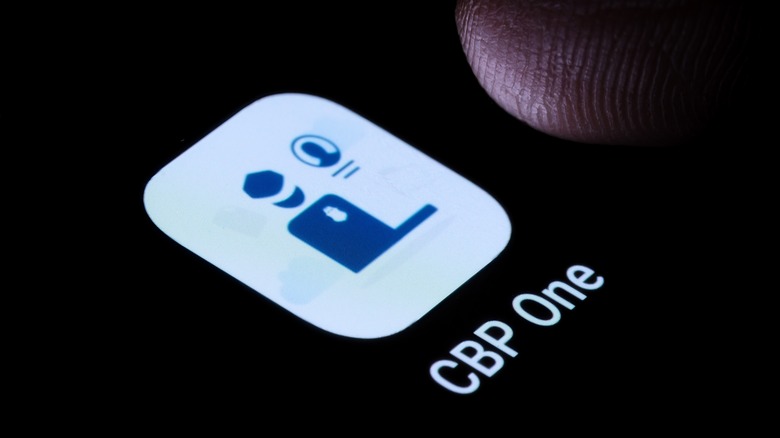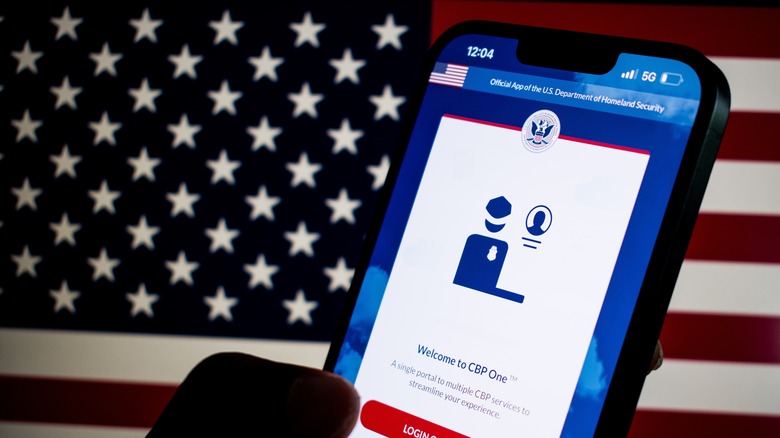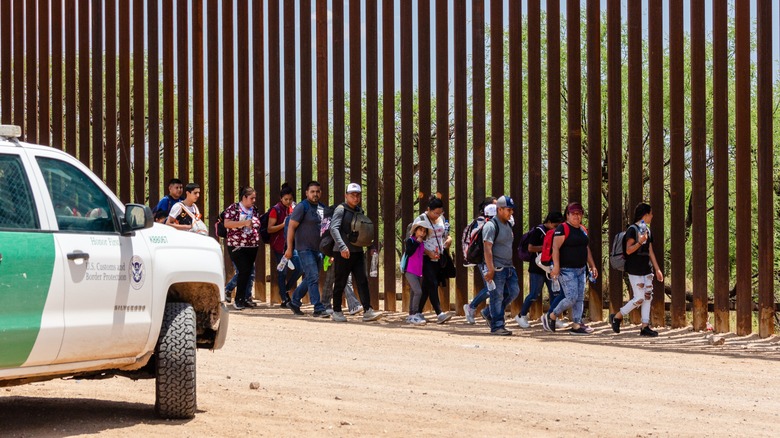What Is The CBP One App Used For & Why Is It So Controversial?
The topic of asylum seekers and immigration is once again a hot policy topic among the US Presidential candidates. Most recently, it was broached in a debate between the two VP candidates, Republican JD Vance and Democrat Tim Walz. At the center of the discussion was an app called CBP One.
Offered by the U.S. Customs and Border Protection, CBP One is a free app that is mandatory for any foreign citizen who seeks legal entry, relief measures like asylum, or a temporary work permit in the US if they don't meet the usual Visa requirements. It serves as a single portal to access CBP's various services, an approach that has also proven to be problematic for a variety of reasons from both policy and technical perspectives.
While the app itself and the associated identity vetting and documentation protocols have been clearly outlined, it has been mired in controversy for two core reasons. First, there are serious questions regarding the app's role in actually solving the country's illegal immigration problem. Second, the CBP One app itself has been criticized for glitches and technical inadequacies that have left asylum seekers stranded or in danger.
CBP One & the migration process
The debate over CBP One is as much targeted at the whole pipeline as it is the approach to immigration, which underwent some crucial changes during President Biden's administration. As part of a hearing about the US-Mexico border movement last year that involved Department of Homeland Security Secretary Alejandro Mayorkas, the app was likened to a Disney FastPass by Congressman Matt Gaetz, who criticized how the app affected immigration enforcement. Gaetz criticized the app for how many immigrants it allowed into the country versus how many it rejected, though it's worth noting official numbers were not publicly available at the time of that hearing.
When it works as intended, CBP One works as such: once an asylum seeker arrives at the border, they have to request an appointment through the app. After securing their appointment, they go through a safety check at the port of entry and then seek relief measures associated with their entry before a judge.
According to government data, the CBP One app has facilitated over 765,000 appointments between January 2023 and July 2024. The Biden administration has stressed that the app focuses on allowing lawful and humane routes for entry and travel into the US, with a press release calling CBP One a critical tool for scheduling appointments for migrants and asylum seekers. The press release also claims the processes used by the app are helpful in discouraging smugglers and criminals from attempting entry.
CBP One is criticized for not fixing problems it creates
According to Human Rights Watch, who interviewed officials, migrants, and activists, the whole system offers far fewer daily appointments than there are applications. The wait often extends into months for people stranded at the border, where human trafficking groups extort money from vulnerable migrants or asylum seekers are made to return to their country of origin despite facing threats to their lives.
Another report from Human Rights Watch, which featured a plea from over 75 organizations, urged the Biden administration to make changes to the CBP One app and the immigration system as a whole. The letter highlighted aspects such as language barriers, medical issues, digital literacy, overcrowded shelters, lack of food and sanitation, and flaws with appointment scheduling.
Earlier this year, multiple House Democrats also urged the government to address critical flaws in the CBP One app and structural flaws that were playing in the favor of smugglers and criminals. A lawsuit was filed against the US Customs and Border Protection over the app's deep functional flaws. Rest of World also highlighted a number of serious issues with CBP One, including language barriers and restrictive hardware problems, that were hurting those reliant on the app.
Meanwhile, Amnesty International called the mandatory use of the app an international human rights law violation. The group also flagged surveillance and concerns over data misuse due to the mandatory facial recognition (live selfie verification) and GPS tracking protocols involved in the appointment process via the app.


